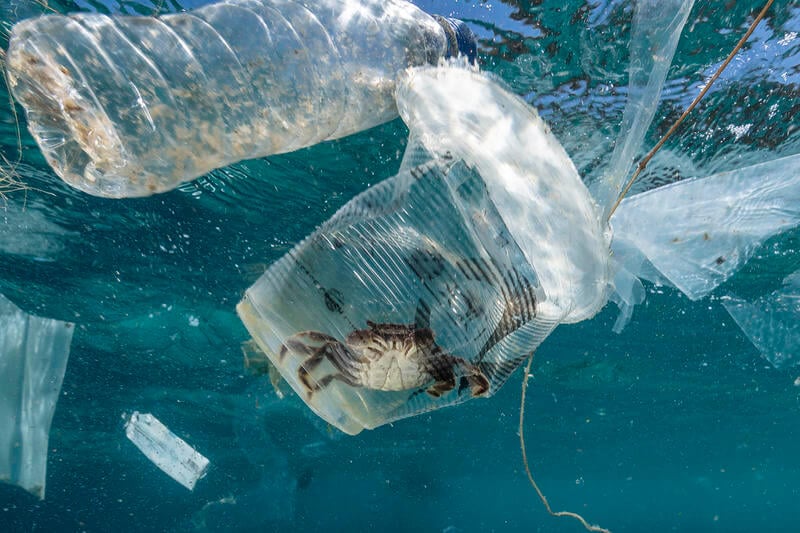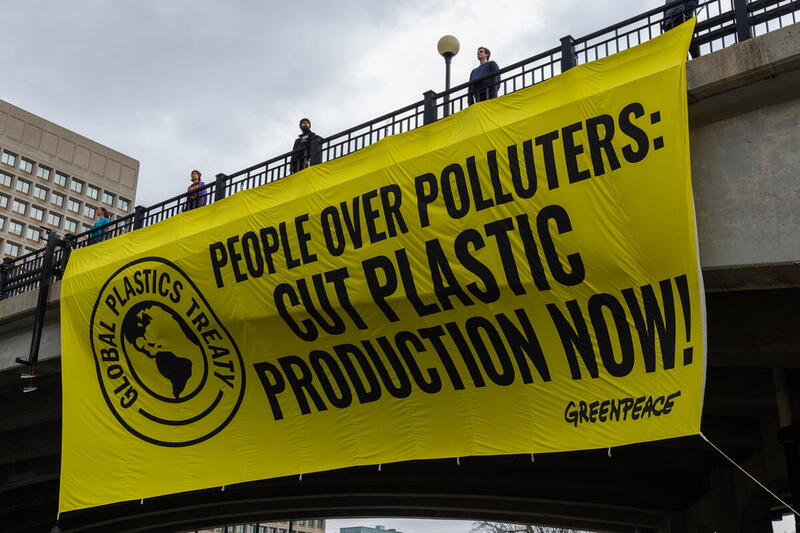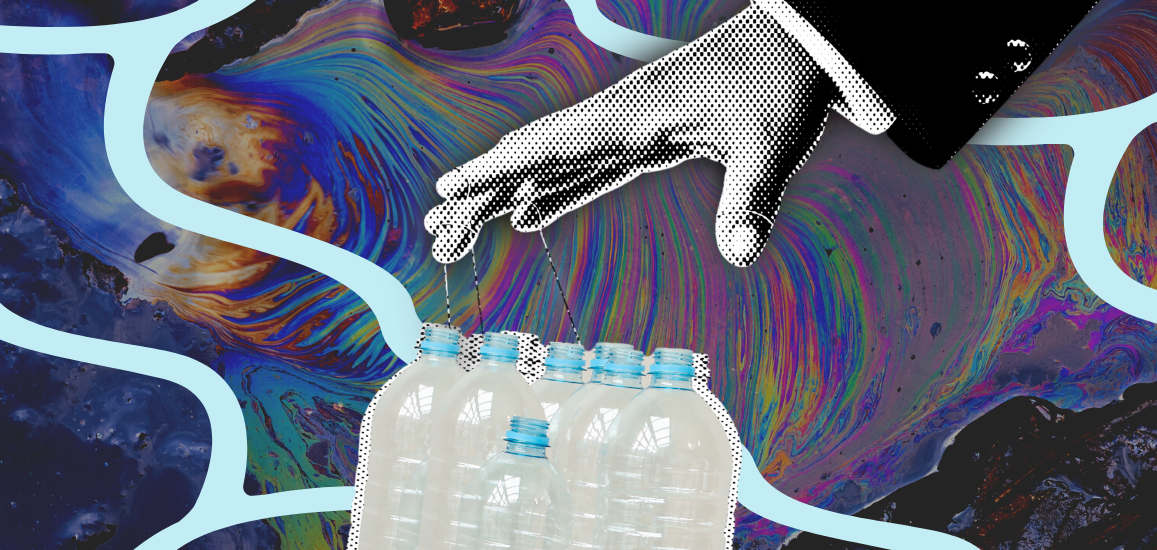VANCOUVER & NAIROBI, KENYA — The third session of the Intergovernmental Negotiating Committee (INC3) for a Global Plastics Treaty ends on a disappointing note for the fight against the plastic and climate crises.
In reaction to the end of INC3, Sarah King, Head of Greenpeace Canada’s Oceans & Plastics Campaigns, said:
“This round of Global Plastics Treaty talks proves once again the toxic influence the petrochemical industry has on global governments and our future. Between now and the next round of negotiations, high ambition countries have their work cut out for them to counter the damage done by the problematic low ambition countries. Unless the Treaty dramatically reduces plastic production, we cannot make gains on the worsening climate, pollution and biodiversity crises and their associated harms to people worldwide.
“The Global Plastics Treaty must reduce plastic production by at least 75% by 2040 to stay within the 1.5 degree threshold. Canada can and must help turn things around by using its hosting position to drive progress in negotiations, pass the mic from the petrochemical industry to Indigenous Peoples and other affected communities, and champion the strongest measures to reduce global plastic production.”
Graham Forbes, Greenpeace Head of Delegation to the Global Plastics Treaty negotiations and Global Plastics Campaign Lead at Greenpeace USA, said:
“Plastic directly harms each of the 8.1 billion people on this fragile planet, but our leaders have effectively chosen to treat petrochemical companies as the only stakeholders worth listening to.
“The Global Plastics Treaty must reduce plastic production by at least 75% by 2040. We cannot protect our climate, our biodiversity, or our health unless we reduce plastic production. This is inarguable, but more than halfway through the treaty negotiations, we are charging towards catastrophe. Governments are allowing fossil fuel interests to drive the negotiations towards a treaty that will absolutely, without question, make the plastic problem worse and accelerate runaway climate change.
“We need to find a way forward without oil and gas producers dictating the terms of our survival. We have one year to turn this around, and to ensure that we are celebrating our collective success instead of dooming ourselves to a dark and dangerous future. This failure must be a wake-up call for governments representing the billions of people on this planet who are affected by plastic pollution. When the negotiations resume in Canada in April 2024, our leaders must be ready to show a level of courage and leadership we have yet to see.”
Contact:
Brandon Wei, Communications officer, Greenpeace Canada,
[email protected]; +1 778 772-6138
Angelica Carballo Pago, Global Plastics Campaign Media Lead, Greenpeace USA
[email protected] , +63 917 1124492 (also in Nairobi, Kenya)
Greenpeace International Press Desk, +31 (0)20 718 2470 (available 24 hours), [email protected]
Follow @greenpeacepress on Twitter for our latest international press releases.

If world leaders get it right, a strong Global Plastics Treaty has the potential to end the age of plastic – for good. Join the campaign now!
Take action

